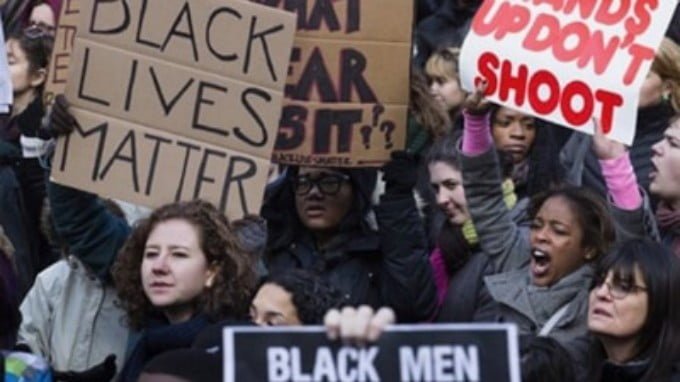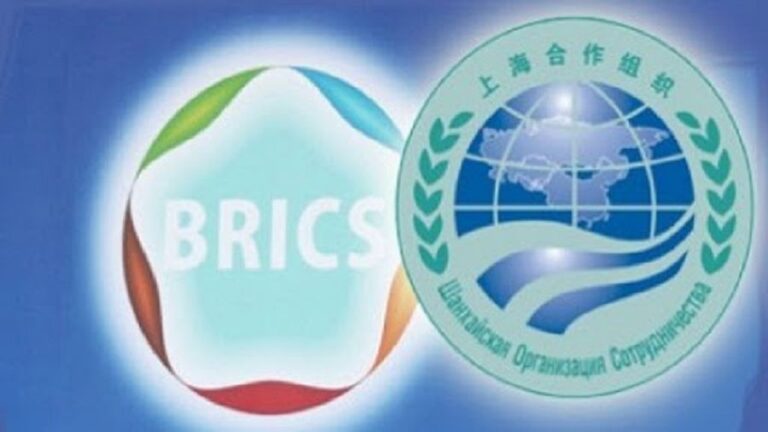Turkey’s Military Launches New Syria Operation
The Turkish military has launched an operation in Syria’s Idlib in line with the de-escalation zone deal agreed at the Astana peace talks last month. “Serious operation is underway in Idlib and it will continue,” Erdogan said in a televised address to ruling Justice and development (AK) Party members in Afyon. “We can’t leave our brothers who had fled Aleppo to the mercy of terrorist organizations,” he emphasized. The Turkish military crossed the Syrian border and entered Idlib’s territory on October 8.
Idlib is to become the fourth zone created under the agreement. The offensive is led by rebel factions belonging to the Free Syrian Army. The objective is to prevent violations of the ceasefire agreement, deliver aid to civilians and pacify rebel groups, which do not agree to join the Astana peace process.
The moves come after Russian President Vladimir Putin’s visit to Turkey on Sept. 28. Ankara coordinates its actions in the Syrian province of Idlib with Moscow in order to ensure security in the region, Turkish Prime Minister Binali Yildirim said on October 8. Russian Foreign Minister Sergei Lavrov noted last week that Russia is ready to support armed groups fighting jihadists in Syria’s Idlib de-escalation zone.
The Turkish leader’s coordination with Russia and Iran comes amid deepening tensions with the United States. Relations between Ankara and Washington have been tense over disagreements on the role of Syrian Kurdish militants, which the US backs in the fight against Islamic State militants. The United States administration said on October 8 it was suspending non-immigrant visa services at its diplomatic facilities in Turkey following the arrest of a consulate employee, prompting Ankara to halt visa services in the United States. The suspended services will affect business, tourism, medical treatment, student, exchange visitor, crew member, media and journalist, treaty trader, diplomatic and official visas. In a pinch, Moscow could play the role of mediator between the two NATO allies in Syria. Russian and US generals held a meeting in September to discuss the situation in that country.
The plan for de-escalation zones agreed on in Astana has already proven to be a successful strategy in other parts of the war-torn country. The Russia-supported Syrian forces have scored a big victory to turn the tide of war, but the conflict remains far from over. The rebels still control significant chunks of territory, notably in Idlib. The province is one of the most dangerous places in Syria because of the high proportion of armed jihadists groups effectively mixed with civilians.
The larger part of the province is controlled by Hay’at Tahrir al-Sham (HTS), an al-Qaida affiliated coalition of extremist rebels, which rejects the Astana process and is excluded by parties to Astana. In July, HTS seized land around the Bab al-Hawa border crossing between Syria and Turkey, bringing much of the frontier area inside Syrian under its control. Hay’at Tahrir al-Sham is believed to have around 20,000 to 30,000 armed militants. Ousting HTS forces from the area will be needed to allow the arrival of Russian, Turkish, and, probably, Iranian forces, to implement a de-escalation zone.
As agreed in Astana, Turkey would provide security inside Idlib city, the capital of the province, and Russia on the periphery. After truce is in place, each side will deploy 500 troops to observe it. Turkish troops will establish 14 monitoring centers along a 400-kilometer non-linear line in provincial areas, except Idlib city. The observers will report to a Joint Turkey-Russia-Iran Coordination Center expected to be established at the next round of Astana talks this month. The mandate of this monitoring mechanism is initially for six months to be automatically expanded upon the request of the three guarantor countries: Russia, Turkey and Iran.
Russian military police units have demonstrated their effectiveness as peacekeepers in other regions of Syria. They are ready to join with Turkish military establishing and safeguarding a zone in the northern part of Idlib after jihadist formations are routed there. Russia’s participation has a key role in preventing clashes between the Turkish troops and Kurdish forces in Afrin. The operation in Idlib allows Russia’s ally – Syria’s government forces – to focus on fighting Islamic State in eastern Syria.
The terrorist stronghold in Idlib is the last major obstacle to resolving the Syrian crisis. After the liberation of Idlib, some rebel groups may integrate with the Syrian military; some other groups may continue minor activities in certain areas or lay down their arms in exchange for some political concessions.
With the Kurd-dominated Syria Democratic Forces (SDF) led by the United States stuck in Raqqa, a success in Idlib would be a major military victory of the three countries – Russia, Turkey and Iran – that would also pave the way for the political settlement of the crisis. The UN-brokered Geneva talks may resume this month to be held in parallel with the Astana talks. The fierce fighting is going to end as the Russia-supported Turkish operation proceeds. Media headlines will be focused on discussions aimed at forming a transitional government with the task of rewriting the constitution and holding elections. But the three countries will play first fiddle in the Syria’s crisis management, making the role of US-led coalition pale. It seems that despite all the hard efforts applied, the United States’ Syrian campaign has ended up in failure, like all other interventions in the Middle East wars.
By Peter Korzun
Source: Strategic Culture







